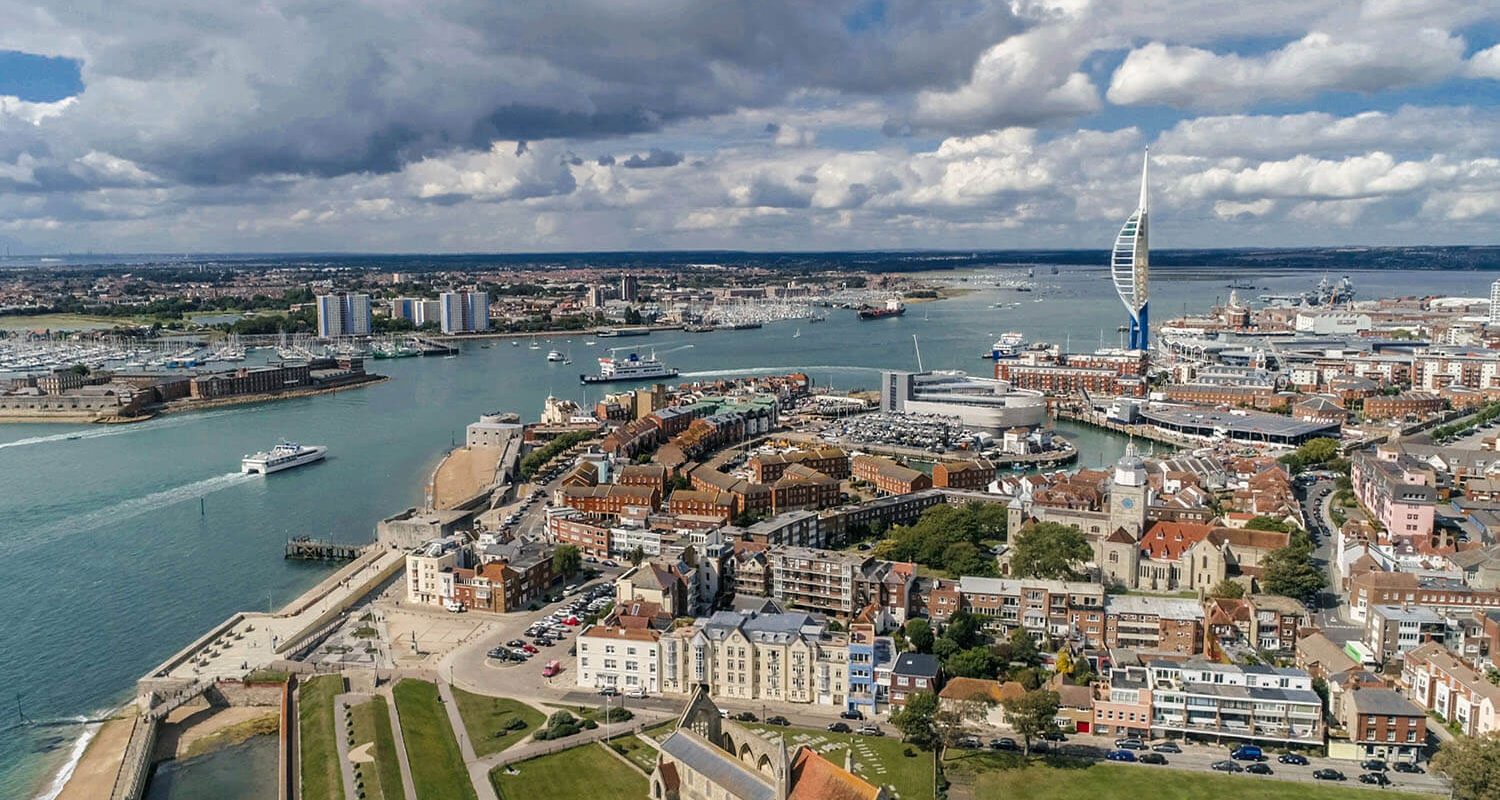
Hythe Engineering Mechanical Fitter Receives Special Recognition
Working with the Royal Navy on service vessels can be tough work. Especially with a one-day project turnaround and challenging conditions.
Hythe Engineering and BAE Systems recently teamed up to complete a maintenance project on HMS Queen Elizabeth that had to be done in a very short timeframe, within a tough working environment. One of Hythe Engineering’s mechanical fitters and three others showed exceptional commitment to completing this project and received special recognition for their hard work.
Maintaining the Royal Navy Fleet
Hythe Engineering specialise in turnkey design, fabrication, engineering and repair services to the marine industry.
One of Hythe Engineering’s clients is the UK Ministry of Defence which often involves working on projects with the British Royal Navy. Projects such as these may last anywhere from 24 hours to over 6 months. Routine maintenance usually has a longer timeframe, but occasionally a vessel is required back out at sea within a day, and as such the Engineering team needs to be able to respond instantly, putting in long hours to get the work done on time.
We spoke with a Hythe Engineering Mechanical Fitter about a recent restoration project on HMS Queen Elizabeth to find out more about what goes down.
When HMS Queen Elizabeth came into dock she required overnight maintenance due to an issue with the pipework and exhaust system. The group of four were asked to go onboard and get it sorted, working through the night to get the work completed.
Working on diesel generators can be very hot, so touching parts of the exhaust may be uncomfortable. The project required a lot of manual labour as well as working safely with numerous different parts and scaffolding to get the mechanism back together again.
Out of the team working on the Naval vessel, Hythe’s mechanical fitter had been there the longest and had the most experience working with these components. It was extremely important for the team to get the diesel generator running again, as there was more work to be done the next day on other aspects of the ship.
Because of the project’s tight timescale, there were a lot of people watching and observing the work being carried out to make sure it all went to plan and that quality standards were met. It’s safe to say the project was completed with great success, with the efforts of BAE Systems and Hythe Engineering being recognised by the Royal Navy.
Challenges and Reasons for Project Success
During our conversation with Hythe’s mechanical fitter, we asked why he thinks the diesel generator project went so well. He responded, “I’ve worked a lot on exhausts in the past, and with stainless steel and items that are bound together, so I have a lot of experience from previous jobs. If you have the experience you’ve got the tricks of the trade and know-how to make things work.”
As well as valuable knowledge and experience, a key factor in the success of the project was good teamwork. Having a team that works well together as a unit is even more important when operating in dangerous surroundings.
Before starting work on a diesel generator as big as those on HMS Queen Elizabeth the engine needs to be warmed up. The team were kitted up in the necessary PPE and overalls, but because of the hot engine, everything you touch is sitting at around 70 degrees Celsius. Imagine working in those temperatures!
The engine bolts are stainless steel so as they’re heated the metal binds to each component and seizes up. This is where prior knowledge of exhausts really shows its value.
Hythe’s mechanical fitter explained, “You’re not going to win against seized stainless steel. You have to get the right lubricants on it and know the exact way to push and when to pull, which requires experience.”
Other notable challenges were the obvious time constraints and heat exhaustion, and keeping the apprentices safe and focused on the task.
About the Mechanical Fitter
Throughout his career, he has gained a number of qualifications in commercial diving and Marine Engineering. Before his current role as a Mechanical Fitter, he worked all over the world as a Commercial Diver on Naval ships.
He also did a lot of commercial work for companies like Condor Ferries, Red Funnel and White Link. In these roles, he would be working on anything from cylinder heads to propulsion and shafts to bearing pumps.
This recent award isn’t the only time they have been recognised for their hard work and talent. Recently he and his colleague received an IMPACT award from BAE Systems for completing 150% of the work required within a maintenance period which usually takes 4 or 5 people to complete 100% of the work – how’s that for efficiency!
We asked Hythe’s mechanical fitter what his favourite part of his job is and he told us, “Learning something new every day. If there’s anything I don’t know, I want to learn it and I thrive off that process.”
The most challenging part of his job is coordinating multiple teams to get the job done within short timeframes. As we spoke, he was sitting poolside on a well-deserved break, before he heads back to the UK to start work on a new top-secret project.
Are you looking for support with your next project?
Speak with our engineers via the link below.